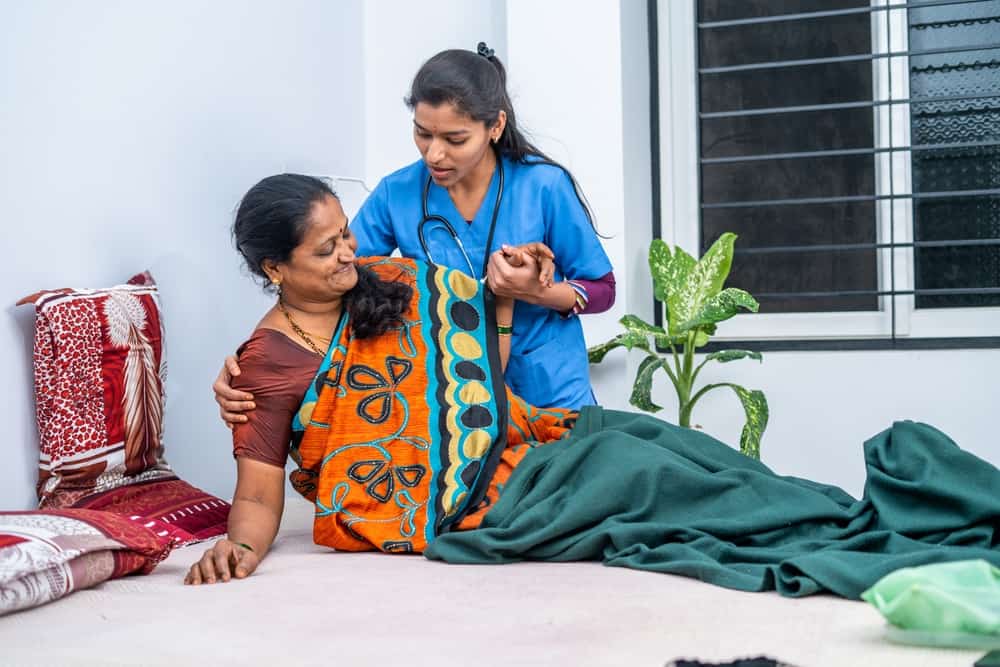Telehealth nursing services have emerged as a transformative solution in Bangladesh’s healthcare landscape, offering innovative ways to deliver nursing care and improve healthcare accessibility, especially in a country with a large rural population like Bangladesh. Telehealth nursing, a branch of telemedicine, utilizes telecommunications technology to provide remote nursing services, consultations, and support to patients across Bangladesh, bridging the gap between patients and healthcare providers.
In a country where geographical barriers and limited healthcare infrastructure pose significant challenges to accessing healthcare services, telehealth nursing services play a crucial role in expanding healthcare access. Through telehealth platforms and digital communication tools, patients from remote or underserved areas in Bangladesh can connect with qualified nurses located in urban centers or specialized healthcare facilities. This enables patients to receive timely consultations, medical advice, and support without the need for extensive travel or long wait times for appointments.
Telehealth nursing services in Bangladesh encompass a wide range of healthcare activities, including remote assessments, patient education, chronic disease management, medication adherence support, and post-discharge care. Nurses leverage video conferencing, mobile apps, remote monitoring devices, and other digital tools to interact with patients, assess their health status, provide personalized care plans, and monitor their progress remotely. This proactive approach to healthcare delivery helps prevent disease complications, reduce hospital readmissions, and improve overall health outcomes for patients across Bangladesh.
The implementation of telehealth nursing services in Bangladesh has been particularly instrumental in addressing healthcare challenges exacerbated by the COVID-19 pandemic. With social distancing measures in place and concerns about virus transmission, telehealth nursing has become an essential tool for delivering safe and effective healthcare services while minimizing the risk of exposure to infectious diseases.
However, the widespread adoption of telehealth nursing in Bangladesh is not without its challenges. Issues such as limited internet connectivity, technological barriers, regulatory constraints, and the need for healthcare workforce training pose hurdles to the expansion of telehealth services. Despite these challenges, the potential of telehealth nursing to revolutionize healthcare delivery in Bangladesh and improve health outcomes for millions of people is immense, making it a promising avenue for future development in the country’s healthcare sector.





